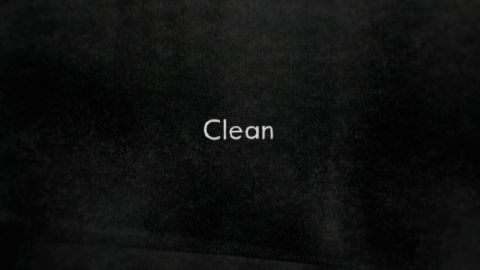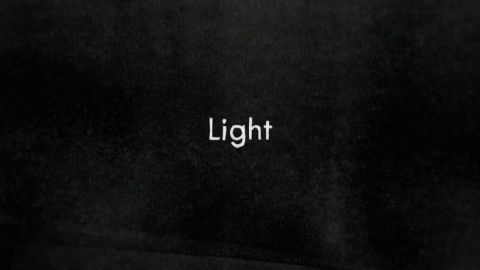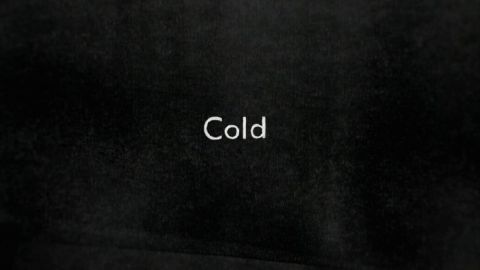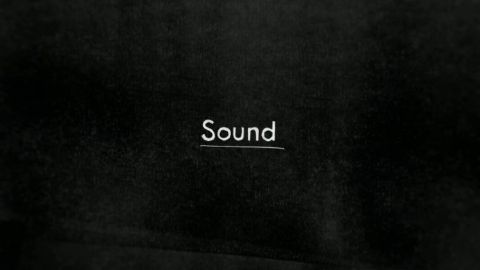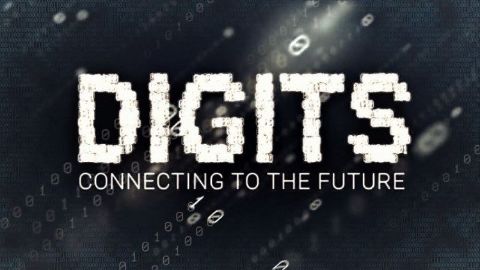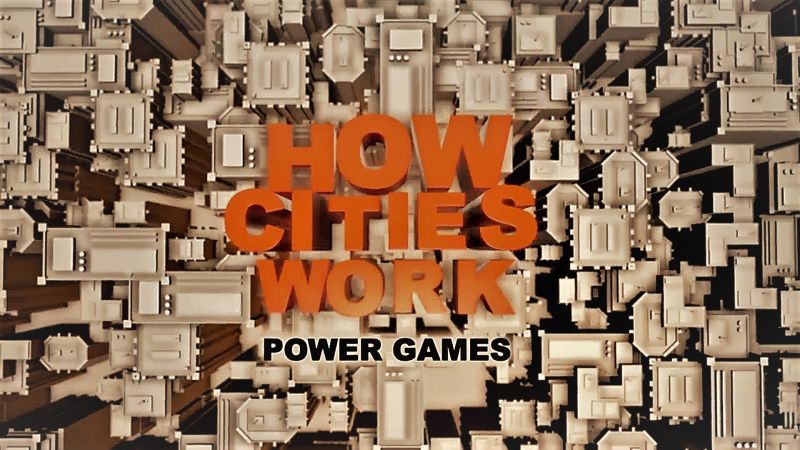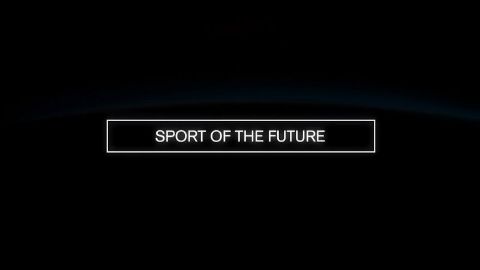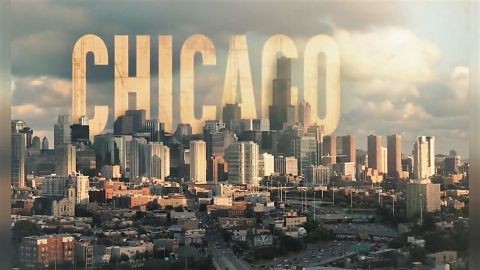Clean • 2014 • episode "S1E1" • How We Got to Now
Dirty water has killed more humans than all the wars of history combined, but in the last 150 years, a series of radical ideas, extraordinary innovations and unsung heroes have changed our world. Steven Johnson plunges into a sewer to understand what made a maverick engineer decide to lift the city of Chicago with jackscrews in order to build America’s first sewer system. He talks about John Leal, who deliberately “poisoned” the water supply of 200,000 people when, without authorization, he added chlorine, considered lethal in 1908, into Jersey City’s water and made it safe to drink. This isn’t only about the world becoming a cleaner place — the iPhone, the subway, flat screen TVs and even the two piece swimsuit are the result of the valiant efforts of the unsung heroes of clean.
Make a donation
Buy a brother a hot coffee? Or a cold beer?
Hope you're finding these documentaries fascinating and eye-opening. It's just me, working hard behind the scenes to bring you this enriching content.
Running and maintaining a website like this takes time and resources. That's why I'm reaching out to you. If you appreciate what I do and would like to support my efforts, would you consider "buying me a coffee"?
Donation addresses
BTC: bc1q8ldskxh4x9qnddhcrgcun8rtvddeldm2a07r2v
ETH: 0x5CCAAA1afc5c5D814129d99277dDb5A979672116
With your donation through , you can show your appreciation and help me keep this project going. Every contribution, no matter how small, makes a significant impact. It goes directly towards covering server costs.
